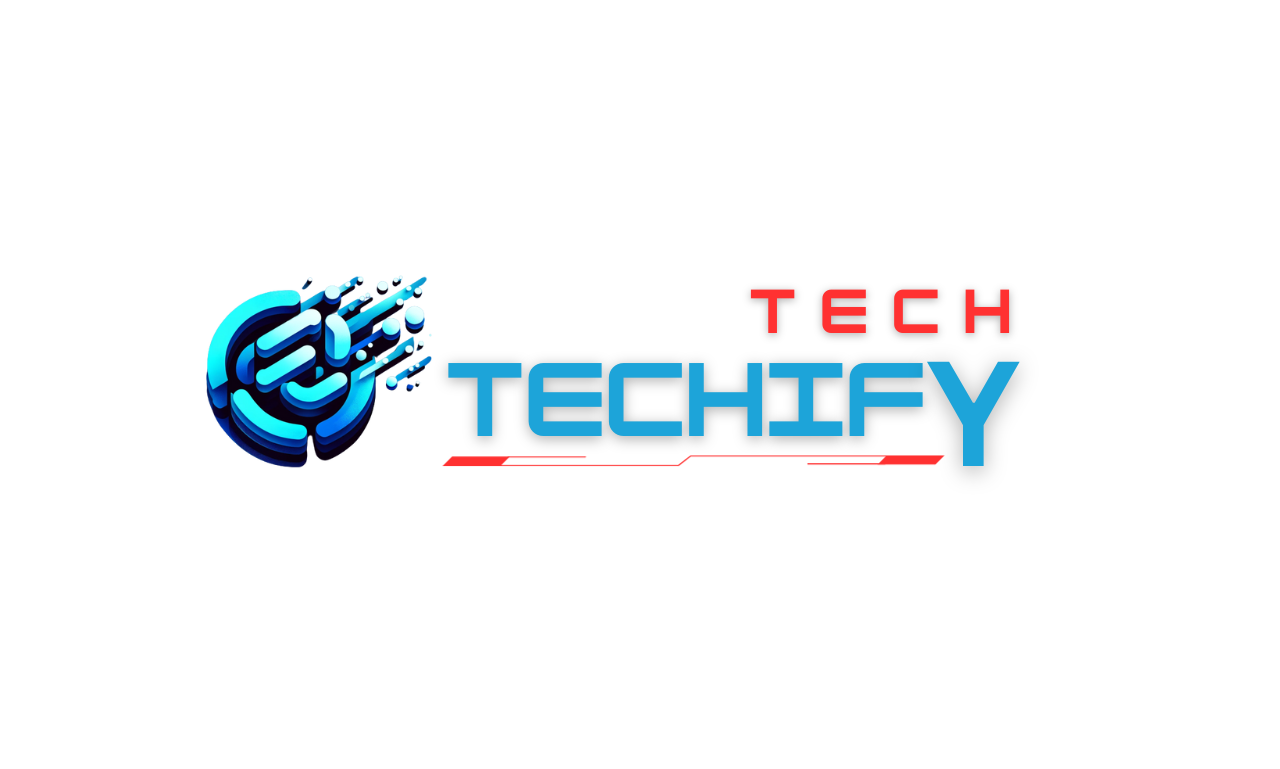One indispensable yet often overlooked aspect in the ever-evolving healthcare landscape is Medical Laboratory Technology (MLT). This field serves as the silent backbone of the medical world, playing a pivotal role in patient care and disease management. Medical Laboratory Technology analyzes various biological samples, from blood and urine to tissues and bodily fluids.
Through meticulous examination and testing, MLT professionals aid in diagnosing illnesses, monitoring health conditions, and guiding treatment plans. The progressions in this domain have been groundbreaking, where state-of-the-art technologies have amplified diagnostic processes’ pace, precision, and effectiveness.
As we further explore the sphere of MLT, we unveil not just the intricacies and significance of this field but also the committed administrative staff diligently operating behind the scenes to uphold the precision and dependability of critical medical data.
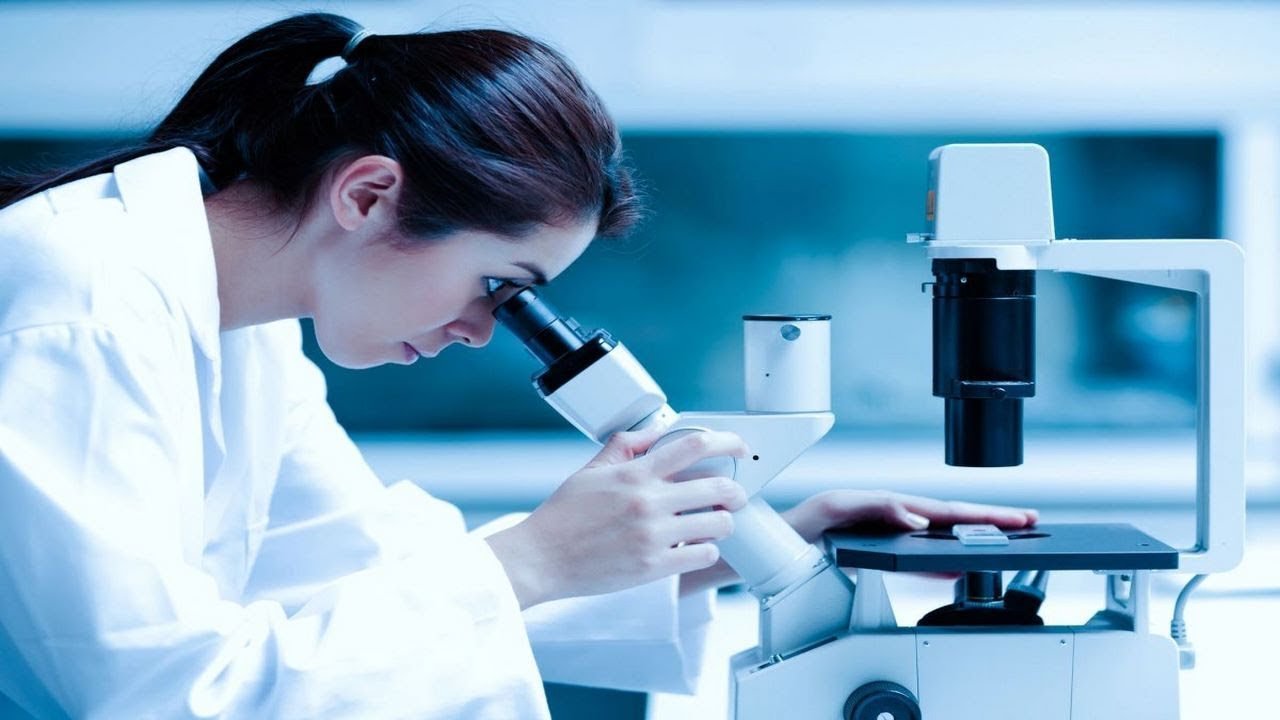
Role and Importance of Medical Laboratory Technologists
Medical Laboratory Technologists play a pivotal role in healthcare by conducting essential diagnostic tests that aid patient care and treatment. Their meticulous work behind the scenes involves analyzing samples such as blood, tissue, and bodily fluids using sophisticated equipment and techniques.
They meticulously handle tests, ensuring accuracy and precision in results critical for disease diagnosis, monitoring, and treatment planning. These experts are indispensable contributors to the healthcare unit, partnering with doctors, nurses, and specialized professionals to deliver thorough patient care.
Their proficiency aids in recognizing illnesses, spotting irregularities, and assessing the efficacy of therapies. Their accurate and timely findings contribute significantly to disease prevention and management, ultimately improving patient outcomes.
The role of Medical Laboratory Technologists cannot be overstated as they are instrumental in shaping diagnostic decisions and treatment strategies, playing a vital part in delivering quality healthcare.
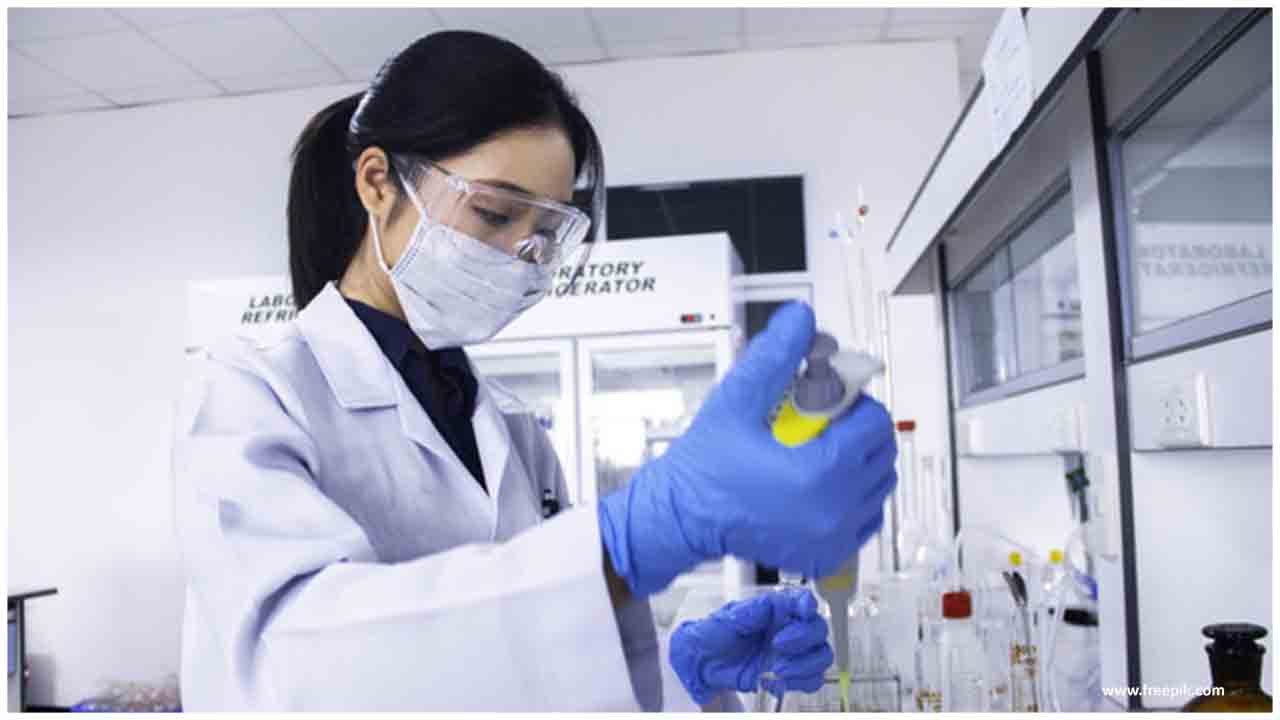
-
Duties and Responsibilities
Within the realm of Medical Laboratory Technology, the role of a professional extends beyond the confines of a laboratory. These skilled individuals, often called Medical Laboratory Technologists, shoulder significant duties and responsibilities integral to the healthcare system.
Their primary responsibilities encompass the meticulous handling and analysis of diverse biological samples. This involves not solely performing various diagnostic examinations but also guaranteeing the acquired outcomes’ correctness, exactitude, and trustworthiness.
Medical laboratory professionals hold a pivotal position in upholding the excellence benchmarks of laboratory methodologies, following rigorous protocols, and proficiently utilizing cutting-edge technologies.
Additionally, they are entrusted with equipment maintenance, inventory management, and data documentation, all of which contribute to the seamless functioning of the laboratory. Their dedication and expertise directly impact patient care, aiding physicians in making informed diagnoses, treatment, and healthcare management decisions.
-
Contributions to Healthcare
The contributions of Medical Laboratory Technologists to the healthcare landscape are profound and far-reaching. Their pivotal role is furnishing accurate and timely diagnostic information that forms the bedrock of patient care and treatment decisions.
By meticulously conducting diverse laboratory tests on biological samples, these professionals empower healthcare practitioners with critical insights into a patient’s health status.
The information derived from these tests aids in the early noticing, diagnosis, and monitoring of diseases, enabling swift intervention and personalized treatment plans.
Moreover, Medical Laboratory Technologists play a crucial role in disease surveillance, assisting in public health initiatives and epidemiological studies. Their commitment to accurate and reliable test results directly affects patient outcomes, significantly contributing to the effectiveness and efficiency of the healthcare system.
Educational Requirements and Training
To become a Medical Laboratory Technologist, one typically needs at least a bachelor’s degree in medical laboratory science or a related field. Some programs may consider applicants with an associate degree in combination with specific clinical laboratory experience.
Coursework includes biology, chemistry, microbiology, and laboratory skills. Additionally, practical training in a clinical setting through internships or externships is vital to gain hands-on experience.
Some technologists pursue certification from professional organizations to enhance their credentials and career prospects, ensuring they meet this critical healthcare role’s educational and training standards.

Academic Qualifications
Becoming a proficient Medical Laboratory Technologist entails rigorous academic pursuits and specialized qualifications. Usually, prospective individuals pursue a journey that involves obtaining “To qualify, you must have earned A bachelor’s degree in Laboratory Science or a related field from an accredited institution. An educational institution is required.
The academic curriculum covers various topics, including biology, chemistry, microbiology, and laboratory methodologies. Additionally, pursuing relevant anatomy, physiology, and medical ethics coursework forms a solid foundation for a career in Medical Laboratory Technology.
Besides theoretical knowledge, practical hands-on training in laboratory settings is integral to the curriculum. This training equips students with the necessary skills to perform diverse diagnostic tests, utilize sophisticated laboratory equipment, and understand the intricacies of analyzing various biological specimens.
Furthermore, obtaining certifications and licenses per regional regulations and standards supplements the academic qualifications, ensuring proficiency and compliance within the field.

Practical Training
Practical training is indispensable for preparing for a Medical Laboratory Technology (MLT) career. Beyond the theoretical knowledge gained in academic settings, hands-on training in laboratory environments is pivotal.
This practical exposure allows aspiring Medical Laboratory Technologists to apply their learned concepts, develop essential skills, and familiarize themselves with the intricacies of laboratory procedures.
Under the guidance of experienced professionals, trainees gain proficiency in sample collection, conducting a diverse range of diagnostic tests, utilizing cutting-edge laboratory equipment, and interpreting test results accurately.
This immersive experience not only hones technical expertise but also cultivates critical thinking, problem-solving abilities, and the ability to work efficiently within a laboratory team. Practical training bridges academia and real-world scenarios, equipping individuals with the confidence and competence required to excel in the dynamic field of Medical Laboratory Technology.
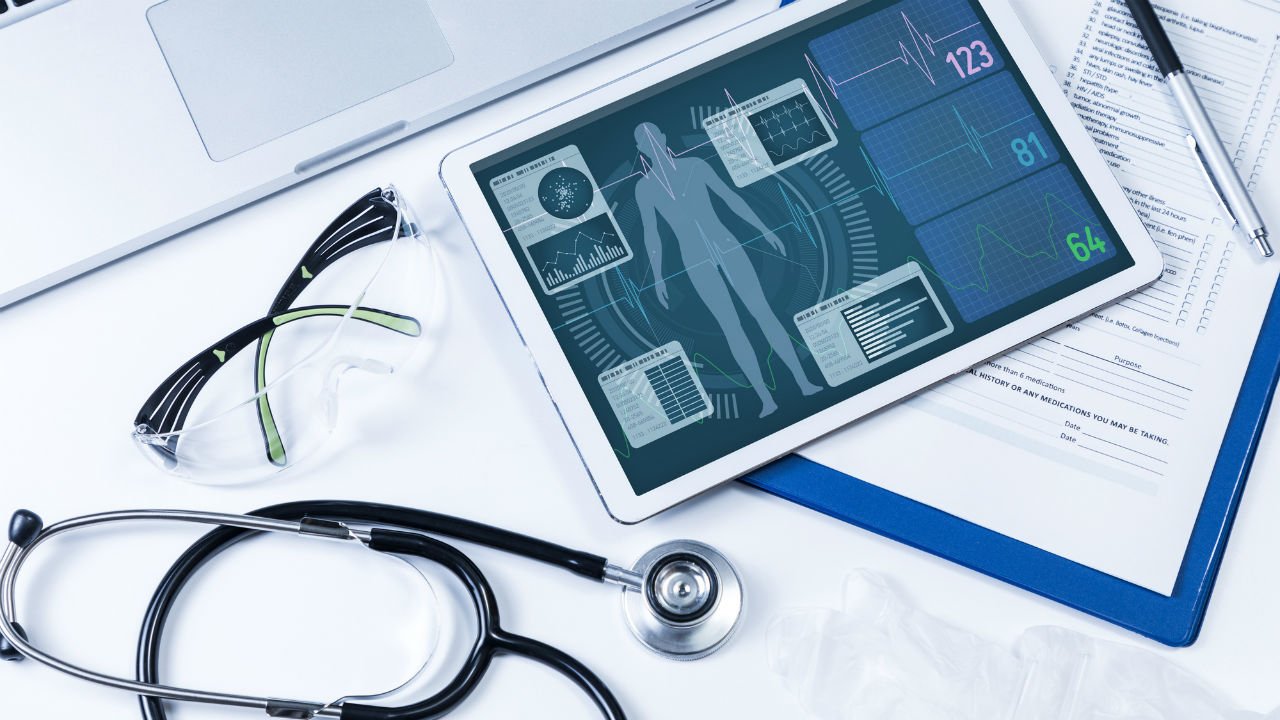
Specializations within Medical Laboratory Technology
Medical Laboratory Technology offers diverse and specialized domains, each playing a crucial role in the comprehensive diagnosis and management of diseases. These technical areas enable professionals to focus on distinct facets of laboratory analysis, catering to specific healthcare needs.
Pathology stands at the forefront, involving the meticulous examination of tissues, organs, and bodily fluids to identify diseases and disorders at a cellular level. Clinical Chemistry delves into the analysis of chemical components within bodily fluids, providing insights into metabolic conditions and organ functions.
Hematology studies blood-related disorders, evaluating blood cells, clotting mechanisms, and abnormalities. Each specialization requires in-depth knowledge, technical expertise, and a profound understanding of specialized laboratory techniques, contributing significantly to the holistic approach of Medical Laboratory Technology in providing accurate diagnoses and facilitating effective treatments for various medical conditions.

Technological Advancements in Medical Laboratories
The landscape of Medical Laboratory Technology has witnessed a remarkable transformation owing to continual technological advancements. The integration of cutting-edge technologies has revolutionized laboratory processes, enhancing efficiency and precision in diagnostic procedures.
Automation and robotics have streamlined routine tasks, significantly reducing turnaround times and minimizing human errors. State-of-the-art analyzers and contemporary machinery have elevated the precision and sensitivity of diagnostic assessments, resulting in heightened accuracy and dependability of findings.
Additionally, progressions in information technology have optimized data organization, facilitating swift storage, retrieval, and comprehensive analysis of extensive medical documentation. Moreover, one prominent challenge is integrating emerging technologies such as artificial intelligence, molecular diagnostics, and big data analytics into laboratory practices.
Although these innovations offer immense potential, their incorporation requires adeptness in adapting workflows and ensuring data security and privacy. Molecular diagnostics and genetic testing have opened doors to personalized medicine, customizing therapies based on individual genetic characteristics.
These technological advancements not only enhance the efficiency of medical labs but also significantly contribute to enhancing patient care, enabling faster diagnoses, and propelling advances in healthcare methodologies.
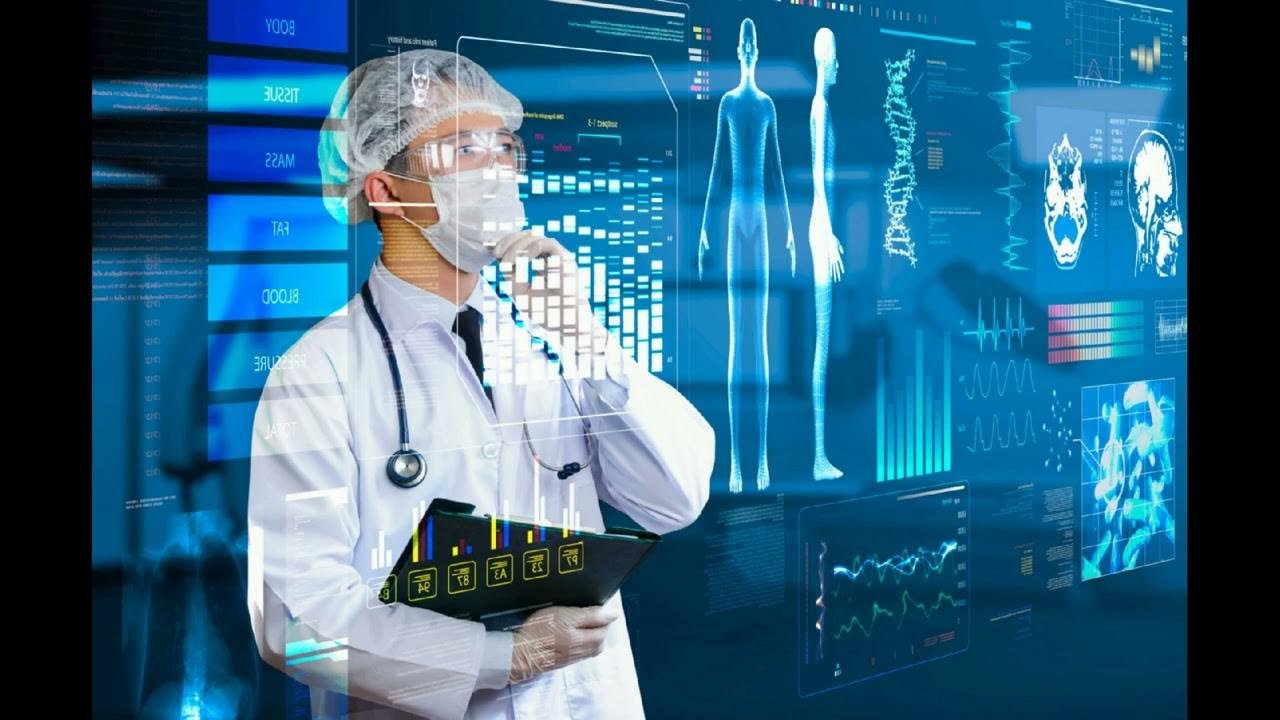
Importance of Quality Assurance in Laboratory Testing
Quality assurance in laboratory testing is the cornerstone of reliability and accuracy in healthcare diagnostics. It encompasses meticulous protocols, checks, and measures to ensure test results’ precision and dependability. Ensuring strict quality control from sample collection to analysis and reporting is crucial.
By implementing rigorous quality assurance measures, laboratories can mitigate the risk of errors, discrepancies, and false results. This safeguards patient safety and instills confidence in healthcare practitioners relying on these test outcomes for making critical medical decisions.

Medical Laboratory Technology remains pivotal in healthcare, offering accurate diagnostics for patient care. Tech advancements and dedicated professionals drive faster, precise diagnoses, yet challenges persist—tech integration and staffing. Despite hurdles, opportunities for pioneering solutions arise. The future promises personalized medicine tech innovations shaping healthcare for better outcomes. Commitment to excellence drives progress, ensuring improved patient care.
FAQs
A bachelor's degree in M Laboratory Science or a related field is required, along with practical training and relevant certifications. Technological advancements, such as automation and robotics, enhance efficiency, accuracy, and speed in conducting diagnostic tests. Specializations include Pathology, Clinical Chemistry, and Hematology, each focusing on specific aspects of laboratory analysis. Challenges include integrating emerging technologies, workforce shortages, and maintaining high-quality standards in testing procedures. What educational qualifications are needed to pursue a career as a Medical Laboratory Technologist?
What role do Technological Advancements play in Medical Laboratories?
What are the specialized domains within Medical Laboratory Technology?
What challenges does the field of Medical Laboratory Technology face?
